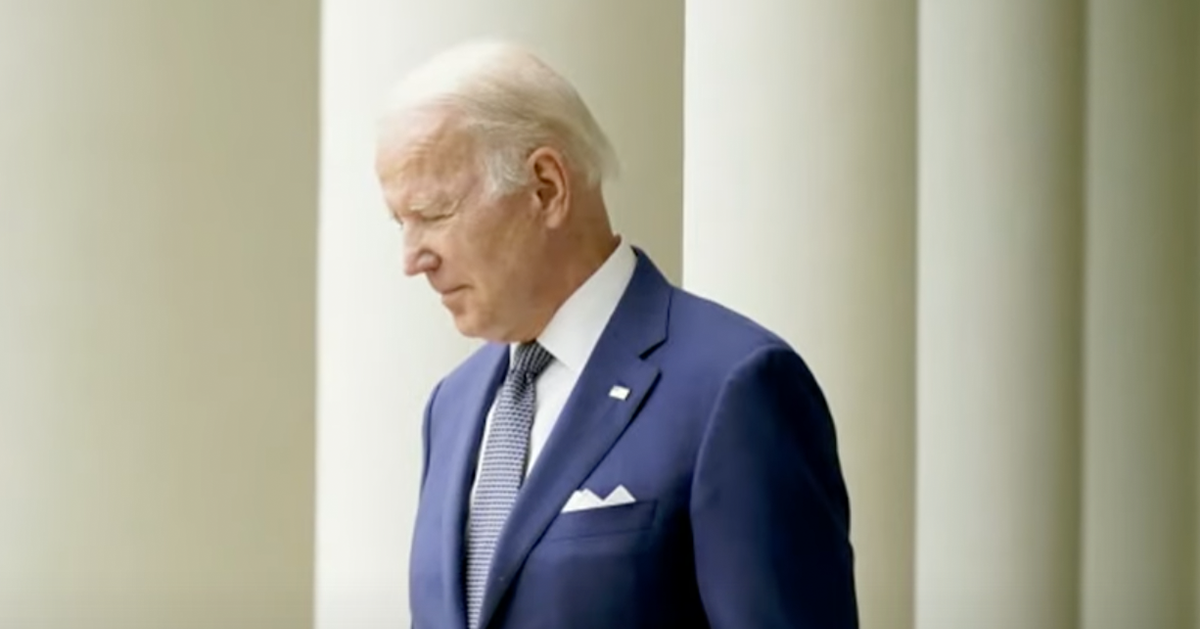Exploring the Conseqences of a Possible 269-269 Electoral College Tie
The U.S. presidential election in 2024 between Kamala Harris and Donald Trump could reach an unprecedented crossroads: a 269-269 Electoral College tie.
The rare scenario of an Electoral College deadlock would push the choice of a new president to the next Congress, ushering in a period of intense political maneuvering and potential constitutional challenges, as the Washington Examiner reports.
In the upcoming presidential race, candidates need 270 electoral votes to secure the presidency. Current polling indicates that both Vice President Harris and former President Trump are neck and neck, raising the specter of a possible tie.
If neither candidate reaches the required electoral threshold, a sort of "contingent election" would be invoked, a process where Congress holds the decisive power.
Congress' Role in a Contingent Election
In this event, the House of Representatives would select the president, while the Senate would decide the vice president. The process requires each state's delegation in the House to cast a single vote, with a majority of 26 states needed to elect a president.
As it stands, Republicans hold a 26-22 advantage in the House delegations, including two that are evenly divided: Minnesota and North Carolina.
The composition of the new Congress, elected on Nov. 5, would be crucial in this situation. Changes in party control in the House and Senate could alter potential outcomes. Notably, a Democrat-majority House could still end up selecting a Republican president if the GOP maintains control of state delegations.
Republican strategist Christian Ferry emphasizes that focusing solely on securing individual electoral votes may not be prudent. Instead, campaigns might find success in concentrating efforts on crucial battleground states like Pennsylvania, Wisconsin, and Michigan, which are pivotal in swaying the election results.
Uncertain Territories and Electoral Complications
The role of Washington, D.C., and U.S. territories remains a constitutional conundrum. The Constitution lacks clarity on their involvement in a contingent election, leaving a door open for legal disputes. While the likelihood of such an election occurring is reported at less than 1%, strategists and officials caution that the nation's current political climate leaves the possibility plausible.
If this scenario unfolds, it would not only delay the election outcome but potentially trigger extensive court challenges. The legitimacy of a president chosen through a contingent election faces scrutiny, especially if the selected candidate does not match the popular vote. Political tensions both within the United States and abroad could be exacerbated.
Political analyst Matthew Lebo observes that a tie could lead to a chaotic situation. "It would be a complete mess," warns Lebo, noting the potential for heightened tensions, even violence, should the electoral tie come to fruition.
Challenges of Balancing Popular and Electoral Votes
Reflecting on the integrity of the election process,political analyst Dennis Lennox questions what a Republican member would do if Harris wins the popular vote in their state. Would they support Trump despite the outcome, considering the party's sway over state delegations?
The implications go beyond national borders, as Lennox also raises concerns about how the world might view the situation. For some international observers unfamiliar with U.S. electoral nuances, such a scenario could signal instability or discord within the nation.
Amy Koch expressed apprehensions over the chaotic nature of a contingent election. "It would be dysfunction," says Koch, predicting clashes within Congress and urging a clear electoral outcome to circumvent this complex process.
Political Tensions and Future Implications
There exist broader questions about whether a president elected this way would be accepted as legitimate. Lennox notes that, although this process is constitutionally sound, navigating the fallout from such an election would be challenging.
Some voices suggest that a contingent election outcome underlines the need for reform in the Electoral College system. As the 2024 election looms, strategists and political observers remain alert to the potential complexities ahead.
Ultimately, while the possibility of a contingent election remains slim, its potential impact serves as a stark reminder of the intricacies and unpredictability in American electoral politics.
As the nation approaches the 2024 election, the spotlight will be on battleground states and the potential ramifications of a tightly contested race.





